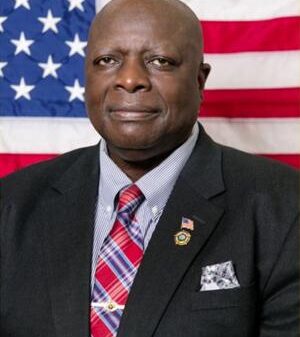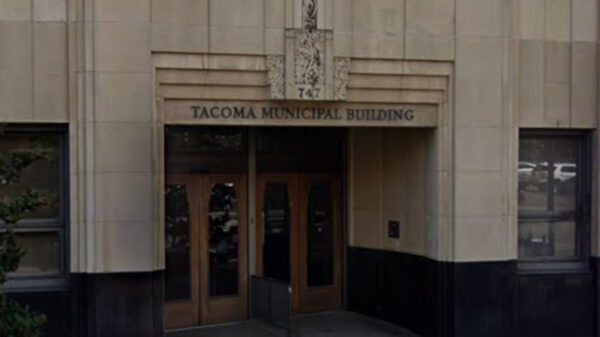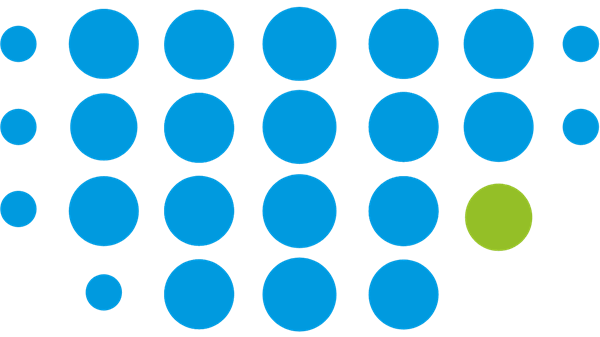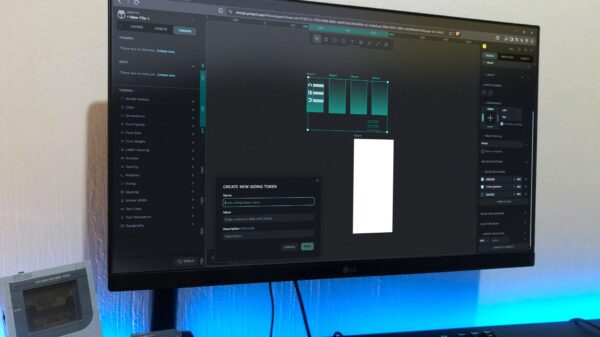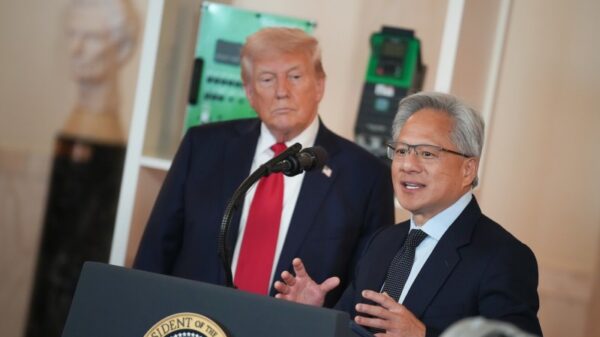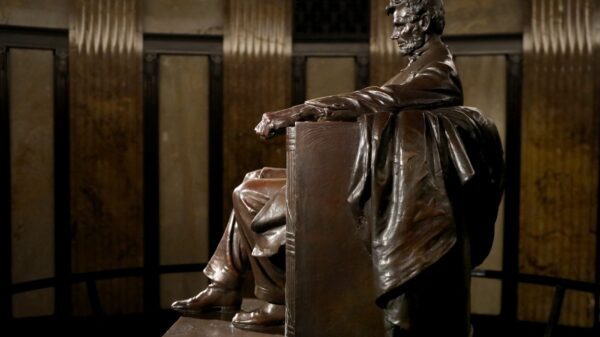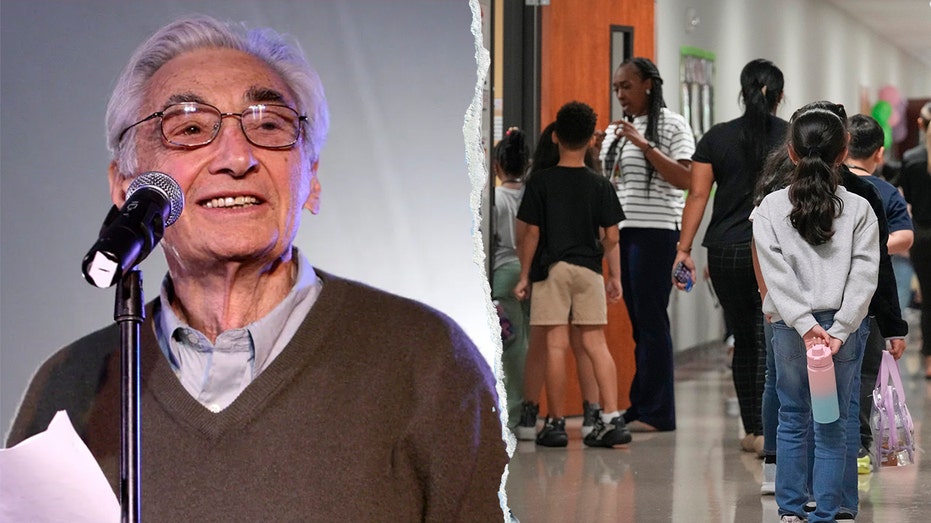UPDATE: Public schools across the United States are rapidly adopting a controversial curriculum from the Zinn Education Project (ZEP), named after the radical historian Howard Zinn, raising alarm among parents and educators alike. This initiative is pushing lessons centered on racial and sexual oppression to students as young as pre-K, with over 176,000 teachers reportedly utilizing more than 765,000 lessons from the organization.
The urgency surrounding this issue has escalated as school districts, including the massive New York City Public Schools, explicitly recommend ZEP resources for teaching during significant observances such as Black History Month and Women’s History Month. Critics are voicing concerns over the impact of this curriculum on young minds, citing a shift towards a more radical interpretation of American history.
The Zinn Education Project promotes resources that present history through a lens of oppression, aiming to highlight the struggles faced by marginalized groups. According to ZEP, its curriculum is integral for educators seeking to foster discussions on critical social justice issues. The project’s annual Teach Truth Day of Action is co-sponsored by the NEA, the largest teachers’ union in the country, further amplifying its reach and influence.
In a bold move, the Chicago Public Schools have incorporated ZEP materials into their curriculum, including a lesson that critiques Christopher Columbus for his treatment of the Taíno people, framing it as “mass murder.” This lesson serves as evidence of the deeper ideological shift occurring within K-12 education, illustrating a growing acceptance of leftist narratives in classrooms.
Portland Public Schools in Oregon and Columbus City Schools have also directed teachers to utilize ZEP resources. For instance, Portland’s curriculum highlights materials that challenge traditional narratives and encourage discussions on race and history, contributing to a broader trend of integrating social justice into educational frameworks.
The implications of these developments are significant. Parents and community members are increasingly questioning what their children are learning and their rights in the classroom. The push for ethnic studies and critical race theory is igniting passionate debates nationwide, as educators and parents grapple with differing views on how history should be taught.
As this situation evolves, the focus is on how school districts will respond to mounting pressure from parents and advocacy groups. What steps will be taken to ensure that educational content reflects a balanced perspective? Will there be a pushback against the radicalization of school curricula?
With the backing of influential organizations and a growing number of educators adopting these resources, the conversation around curriculum reform is more urgent than ever. The outcome of this debate could shape the future of education in America, making it imperative for stakeholders to remain engaged and informed.
Stay tuned for updates as this story develops.




